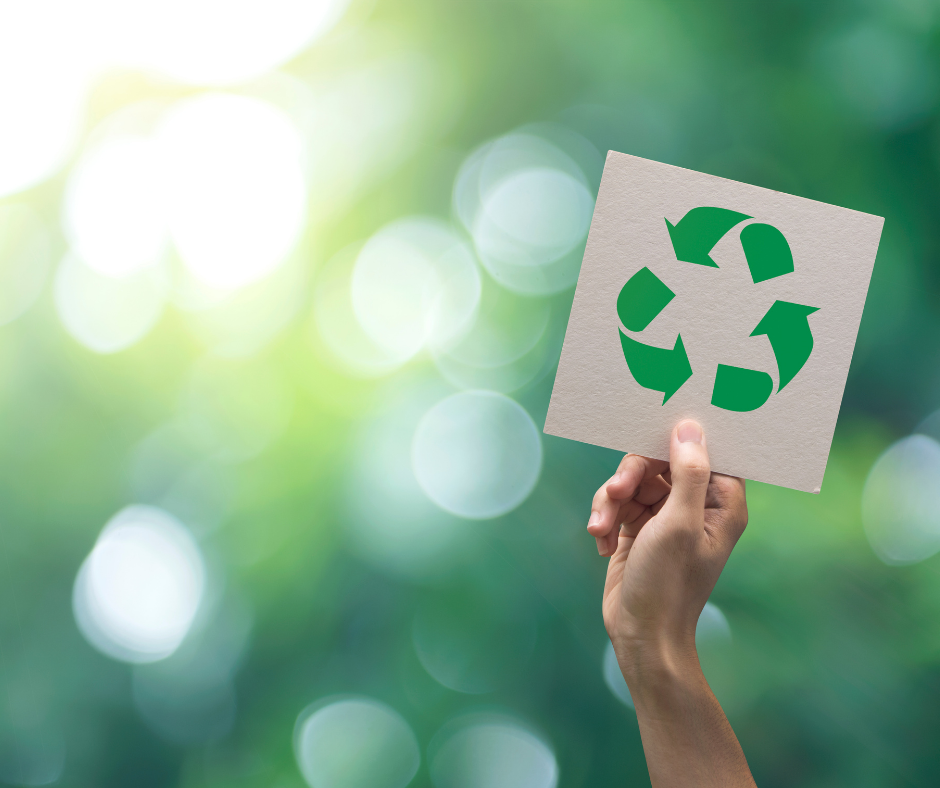
March 31 MEP Manuela Ripa on the text presented today on the circular economy package
(Brussels/30.03.2022) As part of the EU's circular economy package, the European Commission today presented legal measures to "strengthen the role of consumers in the transition to a green economy", among other things. The law is intended to amend the existing Consumer Rights Directive and the Unfair Commercial Practices Directive. The aim is to ensure that consumers receive reliable and useful product information, for example on durability and repair options. It also aims to prevent "greenwashing" from selling products with a shorter lifespan without this being apparent. Minimum requirements for sustainability logos and quality seals are also envisaged.
Manuela Ripa, MEP of the Ecological Democratic Party (ÖDP), will be shadow rapporteur in the European Parliament's Committee on Industry, Research and Energy (ITRE) for the legislative text presented today. "Clear, harmonized and comparable information on the environmental impact of products benefits consumers, businesses and ultimately our planet. Consumers and businesses can only make sustainable choices if they have the relevant information and data. Mandatory environmental impact assessments and labeling will empower people to make sustainable choices, whereas voluntary labeling clearly will not."
The MEP emphasizes the importance of the measures presented today as part of the circular economy package with regard to the transformation of the European economic system. The aim of the legislation is to ensure that waste is recycled, thereby conserving resources and protecting the climate.
Manuela Ripa emphasizes that the war in Ukraine has once again given the issue of self-sufficiency in raw materials a special significance. This is because many rare earths and raw materials are imported from Russia, which is now putting us under political pressure. The circular economy therefore also means freeing ourselves from the influence of autocratic rulers.
As far as the Commission's recycling targets are concerned, Manuela Ripa welcomes them, but stresses that we must nevertheless pay attention to differentiation and insist that recyclates or new products made from recycled materials must be both usable and largely self-degradable. We also need improved collection systems that allow us to return enough recyclable goods to the cycle.
According to Manuela Ripa, the partial package on the circular economy presented today will not be enough to achieve the Commission's goals. The MEP emphasizes the importance of the "3R principle", i.e. "Reduce, Reuse, Recycle", which must underpin the circular economy. The MEP explains: "Recycling waste must not remain the first goal. Recycling should be the last resort. In future, we should avoid waste altogether wherever possible. This will require a redefinition of many of our product designs. Goods must become more durable, repairable and reworkable. We need a culture of waste avoidance and reuse."
The ÖDP politician criticizes the fact that there are currently only binding regulations in Europe for recycling and not for prevention or reuse. Although it makes sense to further improve recycling, it remains only the last phase in the product cycle. EU legislation must take this into account in future. In future, EU regulations must prevent planned obsolescence, provide for better product design and stipulate a right to repair products - including the right of consumers to be protected from toxic materials, concluded the MEP.

